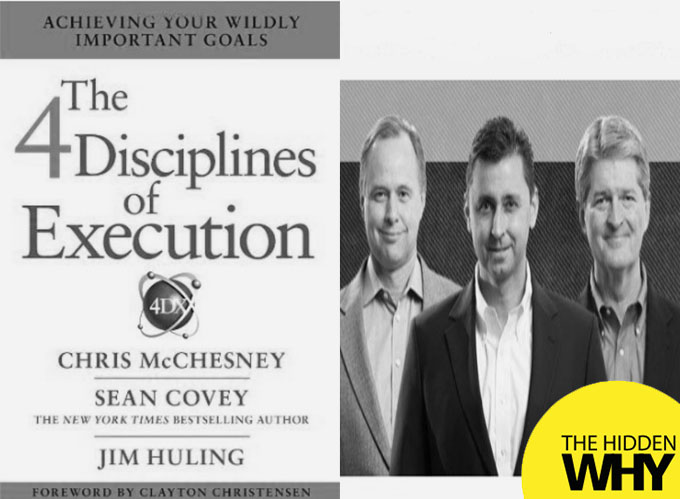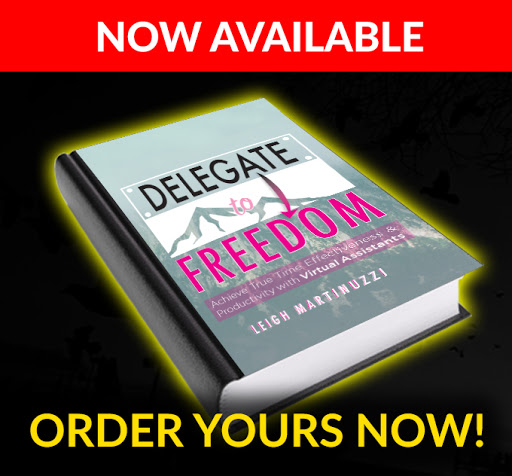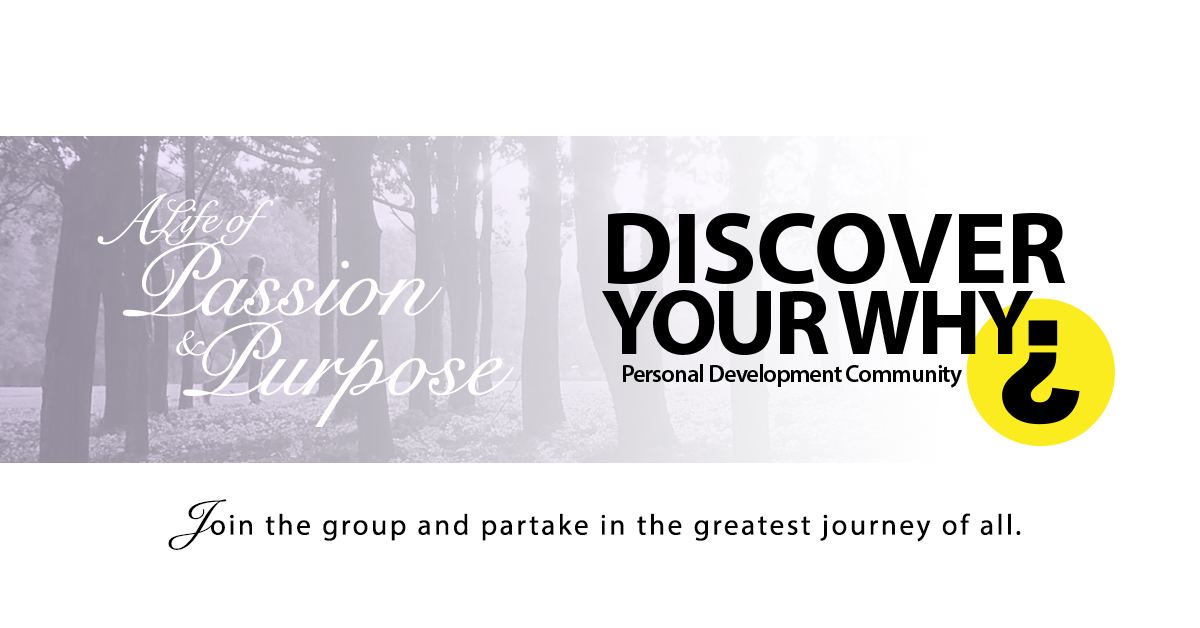
The 4 Disciplines of Execution: Achieving Your Wildly Important Goals by Chris McChesney, Sean Covey and Jim Huling
This book is written for organisations and leaders to help achieve rapid behaviour changing results amongst their teams and employees. The principles and strategies that have been tested and proven to work, can be directly applied to our own lives.
As we are our greatest leader in life, I feel that you will be able to adapt these principles to help you become a master at execution. The four principles that are discussed in this book are: Focusing on the wildly important; Acting on lead measures; Keeping a compelling scoreboard; and Creating a cadence of accountability.
The book is broken into 3 sections the first focusing on the details of the 4 principles. I found this brilliant, it had a nice flow and the take-outs for me personally were great. Some ideas were familiar yet others were new and worth learning.
Here is the break down of how it relates to our own lives. In a world of clutter and chaos we often find ourselves swept away day-to-day trying to keep on top of it all. We seem to become busier and busier yet accomplish less.
I have worked in big companies and certainly found this to be the case. People working extra hard and extra long on activities that were with little or no purpose and then wondered why things were not improving.
In our own lives I am sure you can relate. If you are the entrepreneurial type or just the person that has ambitions to get more down outside the realms of your day job- it can be tricky to try juggle everything at once. And here is the problem!
We try do everything and in doing so execute nothing. The goal of this book is to help leaders and anyone else become better at executing. Have you ever walk away from a seminar with a bunch of things to execute and then 6 months later have executed none and just slipped back into old routines? The art of implementation and execution is grand.
Principle 1 is all about focusing your attention on the most important goal. The more we try to do in our life the less effective we come. If you want to read another great book read- The 7 Habits of Highly Effective People by Stephen Covey, brilliant. Here is a link get this book from Amazon.
This principles defeat past beliefs about what it means to get more done- if we more the better our chances of success. The contrary is the truth. Focus on one or maybe two of the most wildly important goals that you have right now in life. Make those your top priority. Then put all your energy and efforts into that one thing. If what you are doing is not purposeful towards that goal, then let it go.
This leads us right into principle 2. Act on the Lead Measures. These are the specific measures you can take daily or weekly to help assess your progress towards achieving the goal. A lag measure on the other hand are those measurements that help you measure the achievement of your wildly important goal.
The authors give the example of weight loss to highlight this further. The total weight you desire to loose is the lag measure while the lead measure are those specific activities that will help you achieve the goal. Exercising for 30 minutes each day or eating healthy foods.
A key point I like is that the must be easily influenced by the team and predictive. As it relates to your own life you have to ensure that the lead measures are not based on external factors or control. They must be achievable by direct action towards them yourself- you will see the results.
The third principle is to keep a compelling scoreboard. Pretty straight forward but critical in the execution of your goals. This is something I certainly could do better in my own life. This allows you to see and follow your progress. Make it easy to read and pretty to observe and than use it! Check of your lead measures daily and than move to the next step.
Creating a cadence of accountability- the final principle. I don’t really know what cadence means and having researched it I am still not entirely sure. However, let me interpret this in my simple style- create accountability.
It is important to hold yourself accountable for your goals- on a team level you can introduce weekly meetings that are run by the team in order to push one another to be accountable. On an individual level it can be a tad tricky at times. It is easy to let yourself of the hook.
One method is to ask a friend or someone you know, preferably not your wife, to be your accountability partner. People close to you may be too gentle and therefore not always the best choices. You can have them check in with you weekly if you wish and kick your ass when you are off tracks, encourage improvement or commend you when you are achieving the lead measure.
The best accountability will ultimately fall back to you. If you set out to do something, then connect with the reason why- this must be strong or you will stop moving forward executing. Secondly commit. If you want this to happen you just have to do those specific tasks, no excuses.
And finally give yourself respect, time, love and appreciation. If you are pushing yourself, and you know when you are and when you’re not, then reward yourself. The confidence, determination and actual behaviour change will transform your belief towards achieving more.
The four principles are well worth a read. I felt sections 2 and 3 less enjoyable probably because I felt I took away all that I needed and also due to the fact that that relate more to teams and organisations and less to be personally.
You can get The 4 Disciplines of Execution: Achieving Your Wildly Important Goals
here.
I am sure if you spend some time focusing on these principles and incorporating them into your own life you can become a master of execution. Until next time keep executing your dreams and peace, passion and purpose.
Other books by these you may enjoy….
FIND YOUR HIDDEN WHY with THE HIDDEN WHY (THW)
BUILD YOUR LIFE AROUND YOUR PASSION AND LIVE WITH PURPOSE
Sign up for free below and receive cool stuff from me each week + Plus a free copy of “The Four Pillars of Success”
In my weekly emails you will receive ideas, thoughts, learning’s and inspiration on:
- How to design a life that you want and live by your terms
- How to live a life with passion & purpose
- Methods, strategies, & techniques on life hacks
- Messages on how to better live your life
- We will also keep you up to date with fantastic interviews from THW podcast













Leave a Reply